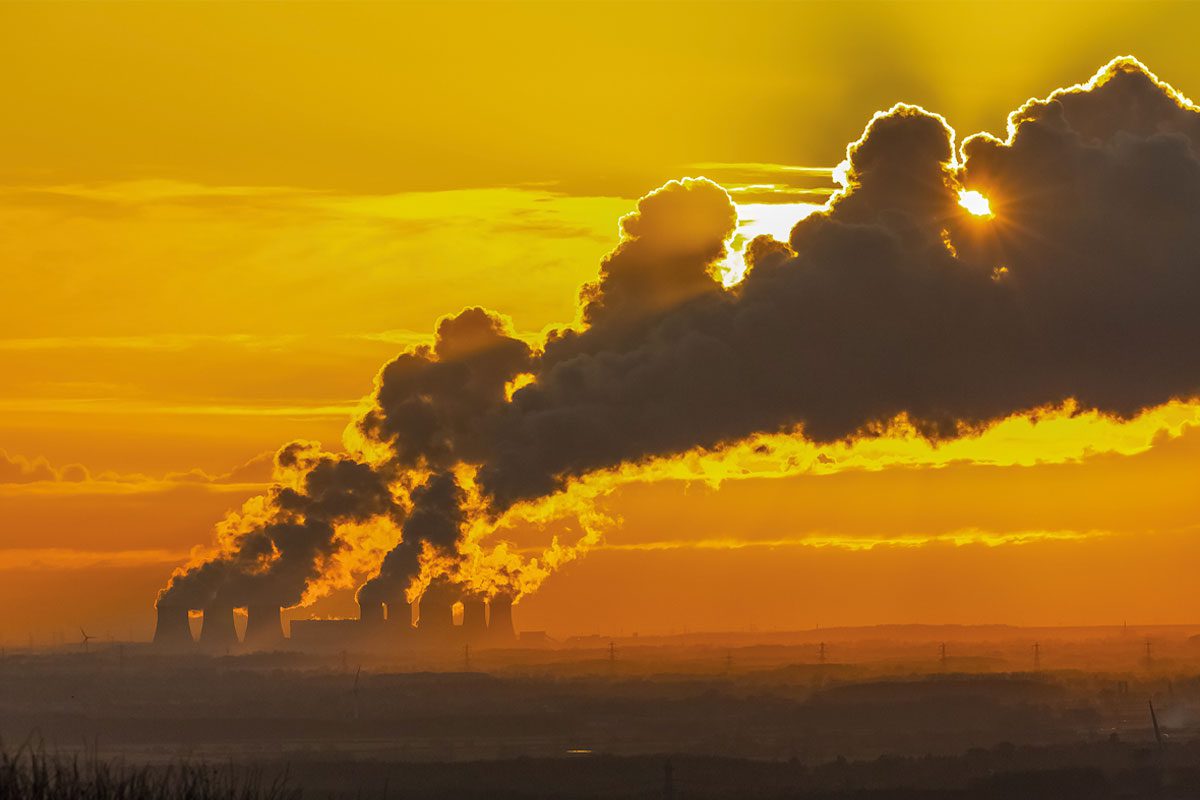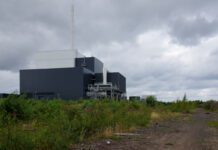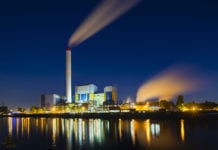A report from NRDC (Natural Resources Defense Council) seems to strengthen the case against Bioenergy with Carbon Capture and Storage (BECCS), currently a key ingredient of the UK government’s climate plan.

Released on 13 October, the NRDC report summarises its latest investigation into BECCS. For the first time, the report separates and quantifies all of the carbon emissions throughout the BECCS scenario, including emissions associated with the most common supply chain for UK biomass electricity – wood pellets shipped from the US Southeast.
The UK Government appears to be doubling down on BECCS as a lynchpin for its climate plan, a largely unproven technology, despite mounting controversy about the environmental impacts of large-scale biomass-burning for energy.
In this report, NRDC finds that employing BECCS at a power station like the one operated by Drax, while relying on the biomass supply chains similar to what Drax predominantly relies on today, will make the climate crisis worse for decades to come.
The modeling analysis finds that a large fraction of the total emissions from this approach to BECCS occur off-site rather than at the power station and are thus uncapturable by the addition of CCS at the smokestack. These emissions are equal to about 80 percent of what comes out of coal plant’s smokestack per megawatt-hour.
Sami Yassa, Senior Scientist at NRDC has made the following comment about the findings:
“The biomass industry claims that bioenergy on its own is carbon neutral, and that BECCS is carbon negative.
However, the math associated with the leading approach to BECCS doesn’t add up. BECCS technology will not capture the emissions that result from cutting down trees, processing them into wood pellets, and shipping the pellets across oceans to power stations before being burned. BECCS, coupled with the biomass supply chain that fuels power stations like Drax, isn’t even close to carbon neutral, let alone carbon negative.”
Sasha Stashwick, senior advocate at NRDC and campaigner with Cut Carbon Not Forests added: “Drax claiming that BECCS will make it a carbon negative power station is wildly exaggerated and wrong. Drax’s biomass supply chain is so highly emissive, that with or without CCS, it makes climate change worse. This report makes clear that any UK Government climate plan that relies on BECCS at Drax is extremely high-risk.
When you’re in a hole, you stop digging – and the Government must stop ploughing money into dirty biomass subsidies. Instead, these funds should be redirected to wind and solar energy, which is not only low-cost and low-risk, but actually helps fight the climate crisis.”
NRDC concludes by warning that policymakers around the globe should not waste money on this approach to BECCS and should look carefully before betting on BECCS more generally as a climate-friendly solution.







